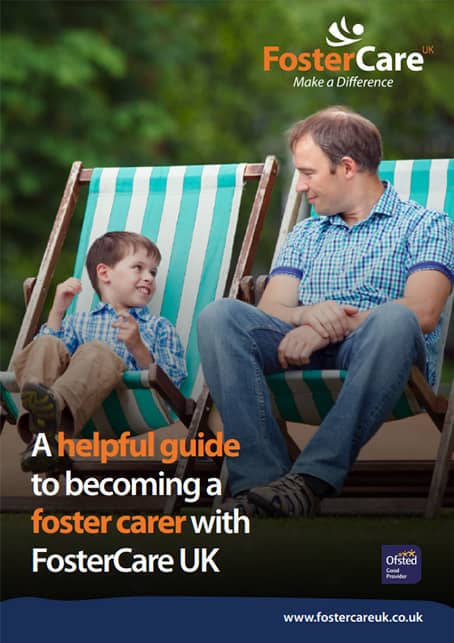


26th September, 2024
In a world saturated in fast food and convenience culture, teaching children how to cook is a life skill that should be promoted and celebrated. Pausing to have a meal around the table is often sacred time, an occasion to come together, discuss the day and share that all important quality time.
But how to get there? We reached out to the team to ask their advice for getting children in the kitchen, readying them for life beyond the family home.
Children’s Champion, Andrea, was quick to volunteer her top 8 tips for teaching children to cook.
1. Start with food shopping; can they write a list and stick to a budget? As Children’s Champion, I do budgeting as part of visiting a child and make it fun! When shopping with young people for food, check that they understand about use by dates and best before dates and the importance of adhering to these.
2. Hygiene comes next. Help your young person get into the habit of washing their hands on a regular basis, such as before preparing food, and before mealtimes. Make sure they’re involved in helping to clean up the kitchen afterwards and know that they need to clean surfaces. Make them aware of using the correct board for cutting up food and not to mix raw food with cooked food.
3. Food safety is vital. Let your young person help prepare, store and reheat food safely. Even if you have a dishwasher, make sure your young person knows how to wash up properly, as they may not have one in the future.
4. Knife skills… can they use a vegetable knife safely? Show them the difference between a serrated knife and a chef’s knife and what they are used for. Let them slowly build up their confidence.
5. Get practising! Start off with something they like to eat, which is easy to cook. Maybe beans on toast or eggs, as eggs are great for a cheap, easy meal. Before moving on to pasta, then potatoes as these can be boiled, mashed, or baked. Salad is good to help learn basic knife skills as well as healthy eating habits.
6. Don’t shy away from showing them around the kitchen. Familiarise them with how to use the oven, hob, grill, and microwave. Involve them in using these a little bit at a time to build up their confidence.
7. Keep it fun! In my role I sometimes arrange competitions that involve baking or cooking a dinner for the family. But this can easily be incorporated into a family setting.
8. Perhaps the most important tip… Ask the young people what food they would like to make. Buy in is key!
Super practical first steps to help children and young people learn how to cook!
Of course, teaching children their way around the kitchen is half of the battle, educating them on how to make healthy choices is the next step.
Fostering Recruitment Advisor, Joyce, had some great advice on how to do this.
“Both of our children were sporty and so using influential people they admired and sharing what a boxer or footballer would need to eat to have a strong body is just as important as handling and eating food. We talked about where food is grown and the health benefits. If children understand that calcium is good for strong bones, they’ll eat milk and dairy. That chicken is good for protein, and being strong and having energy is really important.
“If you have space to do so, growing food together is also a great way to educate children on healthy eating habits. Even if it’s just a few tomato plants in a window box – it helps them understand where their food comes from.”
Joyce also raised a fantastic point about the potential physical effects of being in the kitchen, pointing out that cooking can be a therapeutic practise for many people and that baking can calm nerves or perhaps, even find a passion.
Children’s Champion, Emma, directed us to a great resource. “Jamie Oliver’s son, Buddy, produces his own cooking videos called Cooking Buddies Club on YouTube. This is great to get children involved, as he’s a young person himself – they can relate to him.”
We think this is also a fantastic channel to go down if you’re not too confident in the kitchen yourself, as it’s easy to follow recipes that are fun to cook together.
Registered Manager, Bev, also commented. “Recently, I was speaking to a young person who was leaving for university, and we spoke about easy to cook meals like beans on toast, and pasta with sauce from a jar. She then told me that her foster carers had taught her how to make sauce from scratch. She also knew how to make corned beef hash and shepherd’s pie – nice to know she’s going prepared, and likely to make a few friends with those recipes up her sleeve!”
If you’ve got any questions or would like to find out more about fostering with Capstone, fill out the form below.
An experienced fostering advisor from your local area will then be in touch.
By signing up, you will receive our latest fostering stories every two months.

Start the conversation today. Our team of friendly advisors are on hand to answer any foster care questions you may have. We can offer you honest and practical advice that can help you decide if becoming a foster carer is the right path for you.


